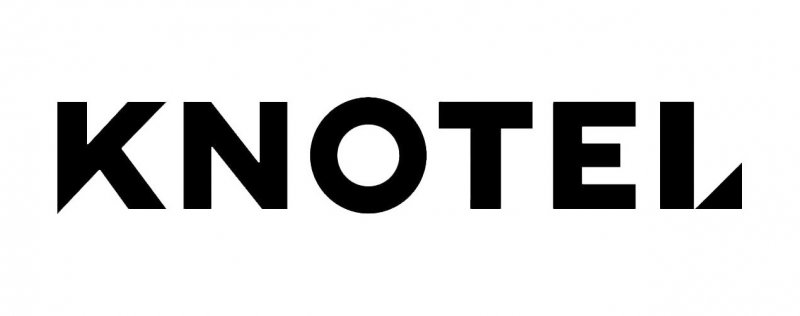Flexible Workspace Is Becoming The New Normal For The Enterprise

For companies that don’t want to hire any more staff, launch any new products or enter any new markets in the next decade, a long-term lease might make sense.
“But the pool of companies that fit that description is effectively zero,” said Trevor Clark, the head of growth at flexible workspace provider Knotel. “Every company wants to change, grow and innovate.”
Long-term leases have been the cornerstone of the commercial office market for decades. But companies are moving away from five-year and 10-year hiring targets and growth plans in favor of more flexible business goals that may change every year, or even more often. As they eye a closer horizon, companies are flocking toward office leasing solutions that can be as flexible as they are.
The need for office solutions that can grow and adapt with their occupants is behind the rise of both coworking and flexible office space. But unlike coworking solutions, which typically cram dozens of different companies into a generic set of desks and couches, flexible office providers build out private, full-floor spaces tailored to each company’s unique needs and working styles.
Knotel sees its biggest competition not as coworking providers, but rather as long-term direct leases. The transformation that will continue to drive Knotel’s growth, Clark said, is not as much in the owner community but within the brokerage community, as brokers begin to see flexible office as a smart financial play for their largest clients.
“The way we’ve structured our go-to-market strategy, we need great partners, specifically in the brokerage community,” Clark said. “We want to become brokers’ solution of choice for flex workspace.”
Clark described Knotel’s recently launched loyalty program for brokers, which offers a competitive commission schedule and invitations to industry events, exclusive customer materials and early access to new Knotel properties.
A large part of Knotel’s value for both brokers and customers lies in its ability to build out a tailored workspace based on tenants’ wishes, needs and workflows, all on a compressed timeline. When a new client signs on, Knotel’s team of designers sits down with its stakeholders to find out what has worked for them in the past, what they need to preserve and where there might be opportunities to make improvements.
“We don’t claim to hold the magic formula for unlocking culture and productivity — there’s no perfect ratio of desks to breakout rooms or an ideal design for reception,” Clark said. “What we do is walk through a day in the life of an employee or visitor to this office and help clients craft exactly how they want those experiences to play out.”

At Knotel, companies with fewer than 50 team members make up only a small percentage of the client base — the vast majority are established enterprises that employ thousands of employees across the globe. Though these companies may have long-term leases in their many markets, Clark said, they are increasingly looking for flexible workspace to support new strategic initiatives and divisions that plan for growth.
“A large enterprise might manage 80M SF globally,” he said. “So even if flexible workspace only makes sense for 10% of the company, that’s still a profound impact.”
Rather than go through the trouble of locating, furnishing and managing a brand-new workspace for a team that could significantly change in size within one to three years, these companies can work with Knotel to find and design tailored space that they can occupy on a subscription basis. If a team outgrows one space, Knotel sources more space from its growing portfolio, either in the same building or nearby. In other scenarios, companies have to pay penalties or disposition fees to move out early.
While Knotel’s clients are not signing long-term leases, they aren’t paying month-to-month as a typical coworking member might — they usually sign agreements of two to four years. And, in addition to flexible terms, clients are getting much more than just their sign on the wall.
“They’re getting total control of the physical space, the information and security infrastructure, the lighting, the acoustics, everything that’s important to how they work,” Clark said. “It’s not a coworking space with a shared cupcake and margarita party. This is your employee’s entire experience, from their first day through their first year.”
This feature was produced in collaboration between Bisnow Branded Content and Knotel. Bisnow news staff was not involved in the production of this content.

